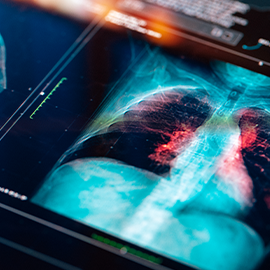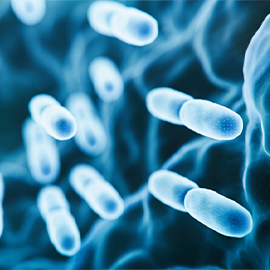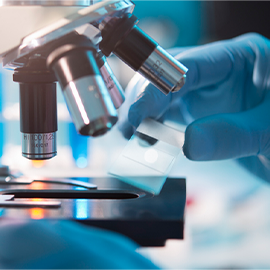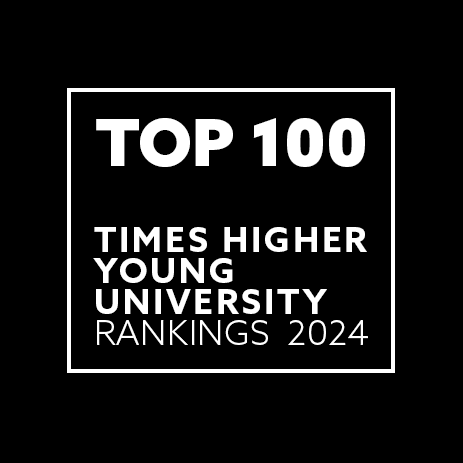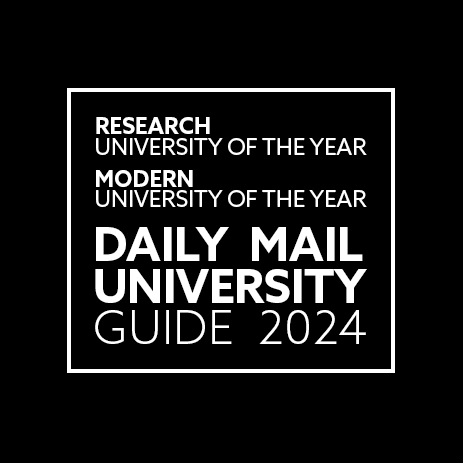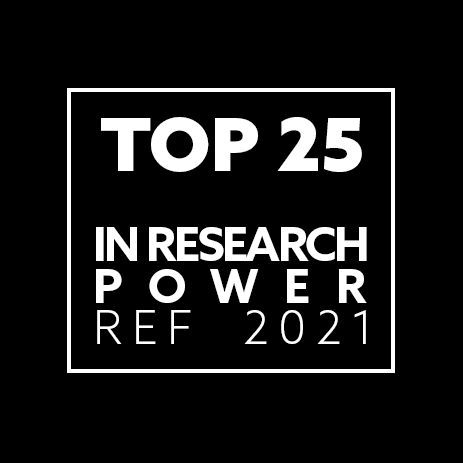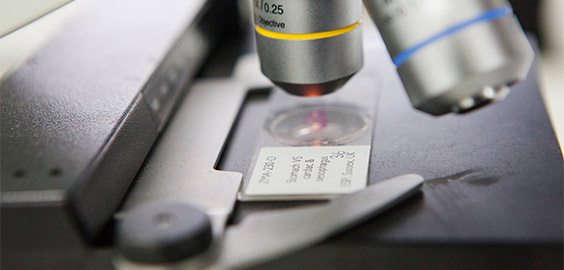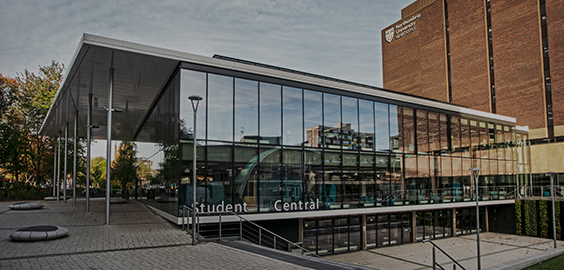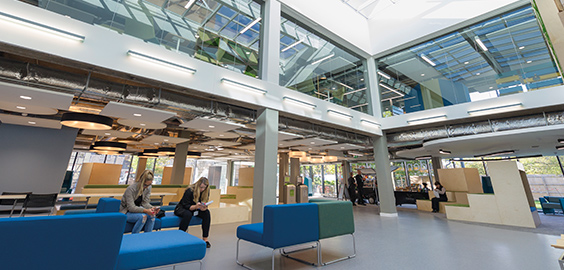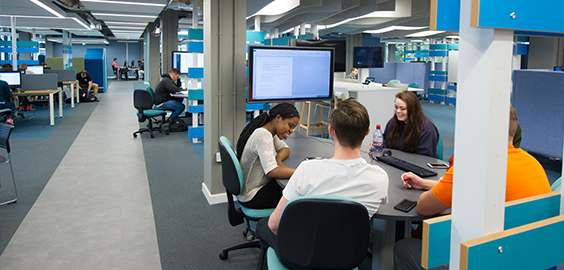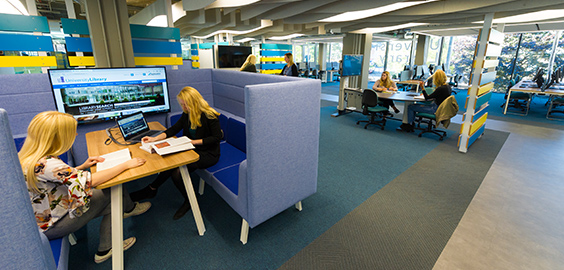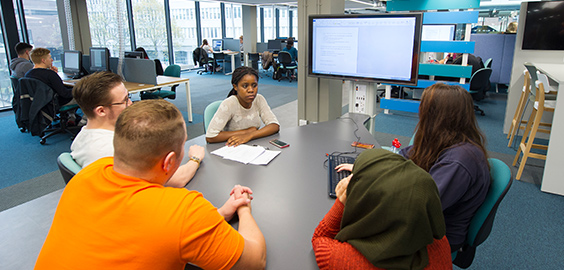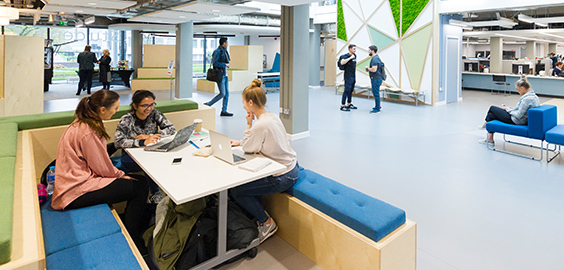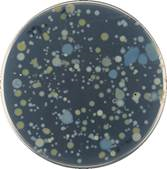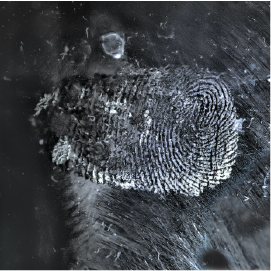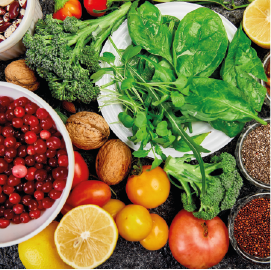You will get the opportunity to improve and practice key numeracy skills that will enable you to complete the tasks for the other modules you are studying during the foundation year. These will include calculations associated with experimental work in chemistry, biology, biochemistry, biomedical science, food science, nutrition, forensic science and sport science, such as making solutions of different concentrations using solid chemicals, preparing dilutions using stock solutions, serial dilutions, making buffers, calculating rates of reaction, equilibrium constants, enthalpies, interpreting outcomes of antibiotic sensitivity testing, processing histological, physiological and biometrics measurements, calculating biodiversity indices, etc.
You will also review your IT skills to ensure you can easily access the eLP, library and other on-line resources, including guidance on correct referencing of scientific literature. You will use Microsoft Excel to process data similar to those that you will acquire experimentally in other modules, do simple statistics and produce graphical representations and tables of your data.
You will learn about the style of scientific writing used in peer-reviewed publications and how to present scientific data in different formats, eg. scientific report using the IMRAD style, short summary, poster, oral presentation, mini-literature review, essay. You will also learn how to find relevant and reliable sources of information and you will practice extracting relevant details from such sources and presenting them in your own words.
More information
 Option for Placement Year
Option for Placement Year Option for Study Abroad
Option for Study Abroad

